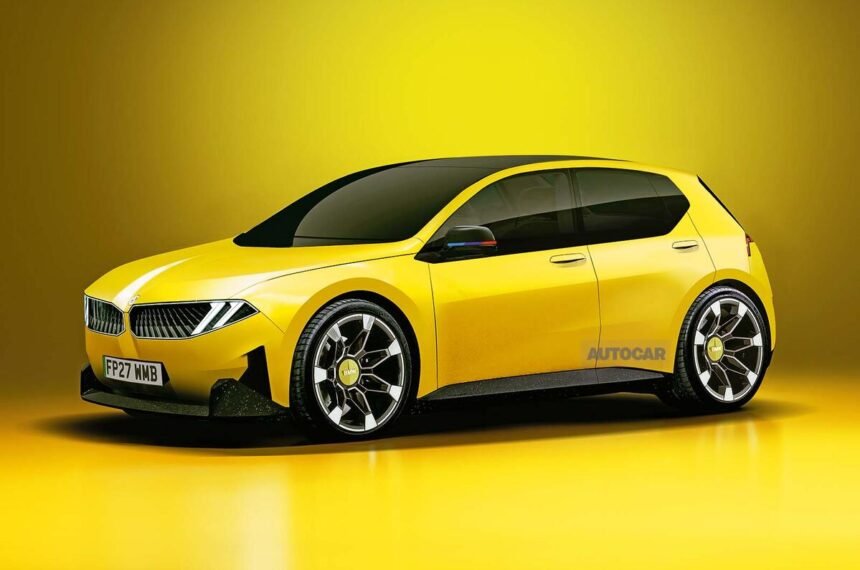The BMW 1 Series: A Crucial Entry-Level Model for BMW’s Future
The BMW 1 Series is set to make a comeback with a fourth-generation model that promises to be radically reinvented within the next three years. This move comes as BMW solidifies its commitment to its entry-level model, going against the grain as rivals like Mercedes-Benz and Audi scale back their offerings in this segment.
While Mercedes-Benz plans to retire the A-Class and Audi phases out production of the A1 and Q2, BMW sees its smallest car as a key part of its model range. The next-generation 1 Series will serve as the entry point into BMW’s new-generation Neue Klasse family.
BMW’s foray into electric vehicles will kick off with the launch of the second-generation iX3 at the Munich Motor Show in September, followed closely by the next-generation 3 Series. Prototypes of the Neue Klasse X5 have also been spotted, hinting at a comprehensive overhaul of the current 5 Series to align it with the new lineup.
While BMW has yet to officially confirm plans for the new 1 Series, insiders suggest that the project has been given the green light. BMW product boss Bernd Körber emphasized the importance of the 1 Series in BMW’s global strategy, particularly in key markets like Italy and France where the hatchback commands significant market share.
Körber underscored the role of the 1 Series in attracting younger customers and diversifying BMW’s target demographic. By offering a model at a lower price point than its larger saloons and SUVs, BMW aims to stay competitive and efficient across all market segments.
Staying in the small car market, despite its challenges and lower margins, is crucial for BMW’s long-term success. Körber noted that competing in this segment helps BMW develop cost-efficient capabilities that benefit the brand as a whole.
With the BMW 1 Series poised for a reinvention in the coming years, BMW is positioning itself for a dynamic future in the automotive industry.







